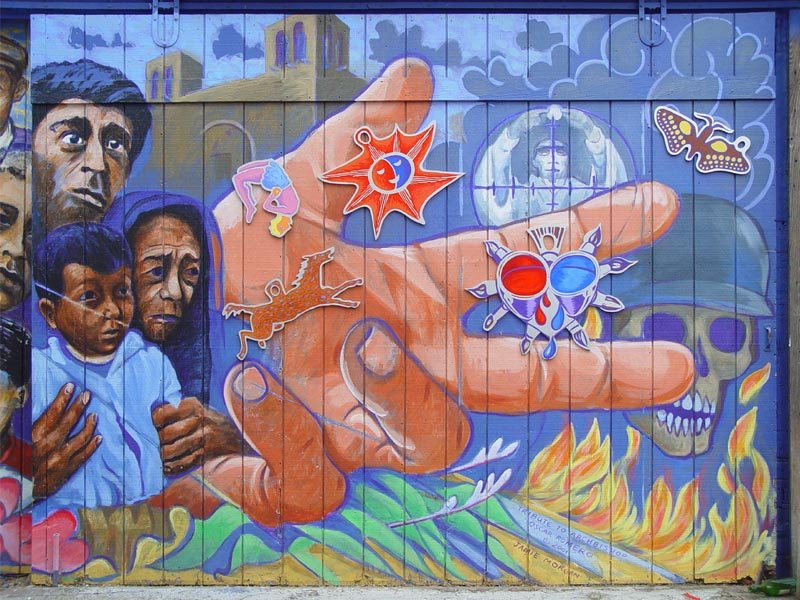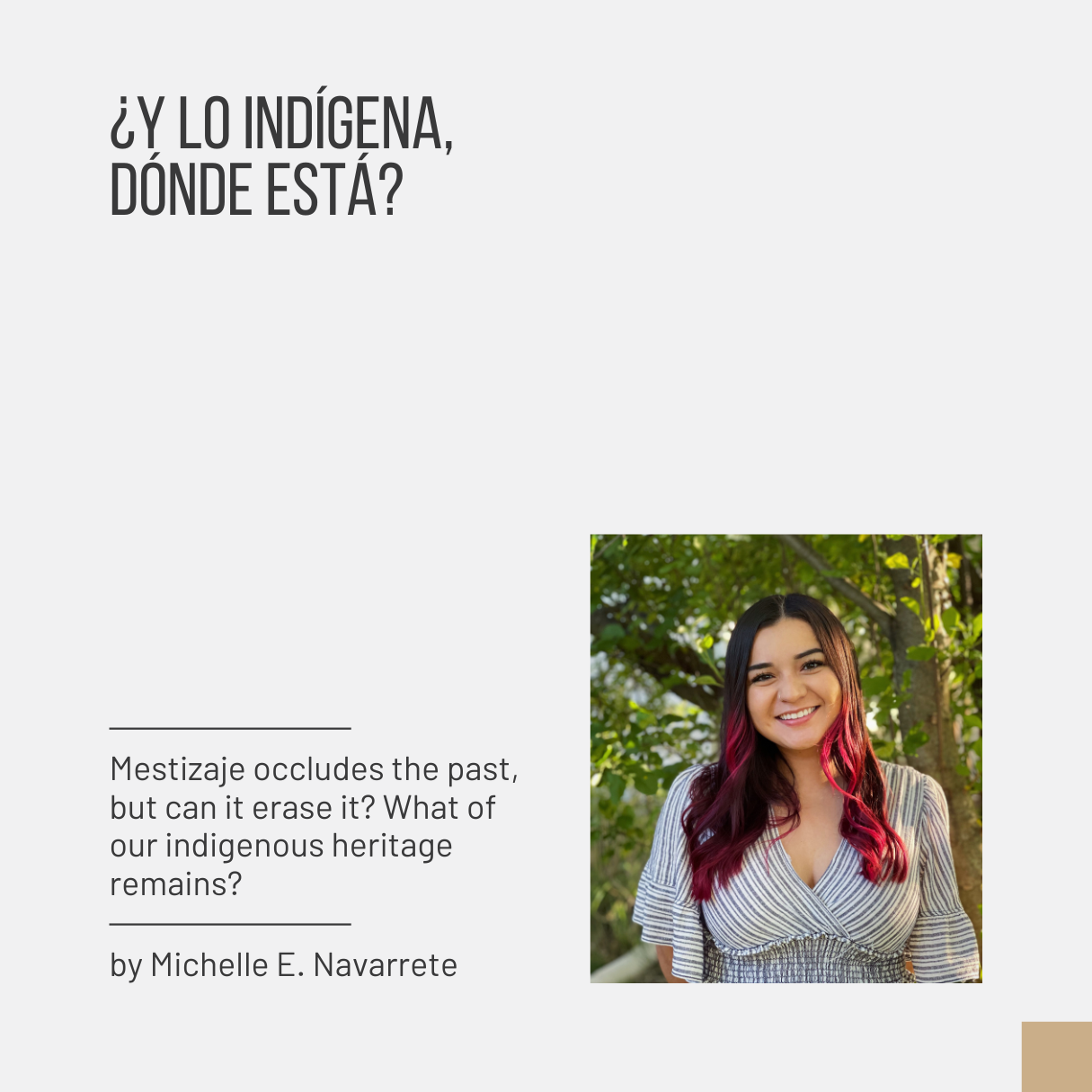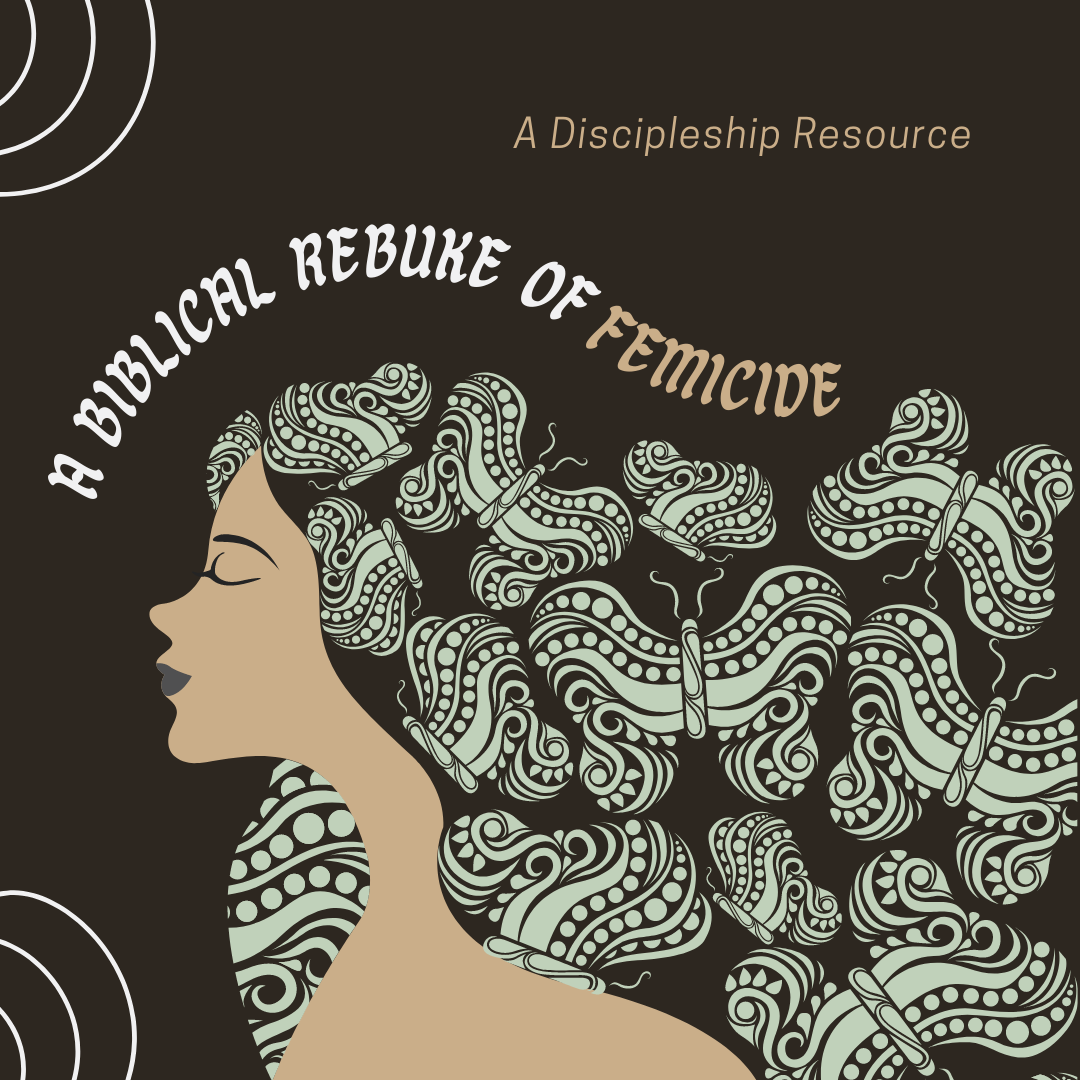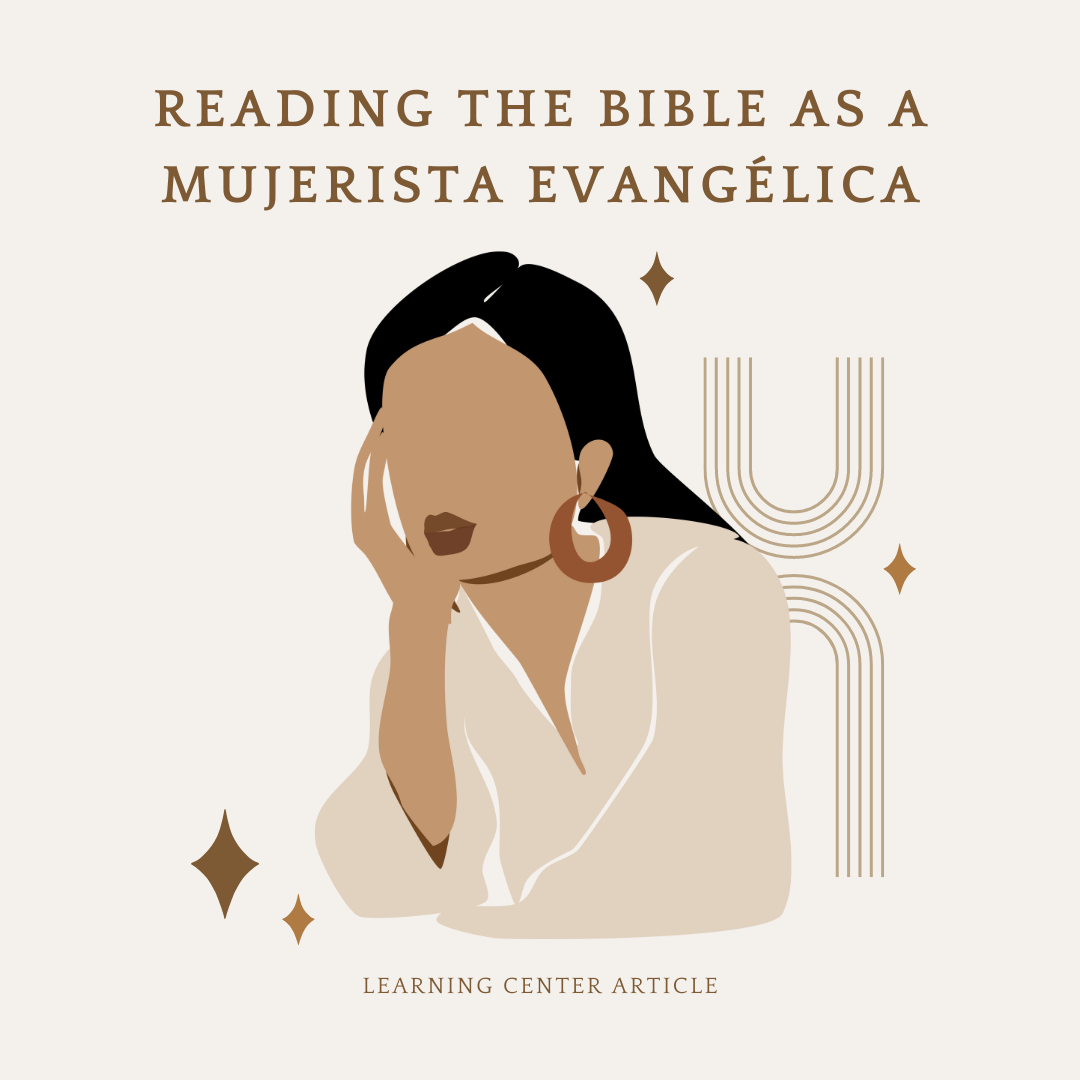Franco Folini, Mural: Tribute to Archbishop Oscar Romero, https://www.flickr.com/photos/livenature/176581012
I had heard of Oscar Romero before. He’s been described to me as a liberation theologian (although he would not necessarily identify as such) and Salvadoran priest (even though he eventually became an archbishop, a rank higher than “priest”). But what I’ve learned through both the discovery of my ancestors’ own history and the theological imagination of other marginalized communities is that the particularities throughout human history matter, and they are deeply interconnected. Archbishop Oscar Romero bears the example to this praxis of deep solidarity, and the particularity of his context and life informed the way in which he lived out this life.
Alongside Mexico and Guatemala, El Salvador too was colonized by the Spanish in 1524, and such colonial effects lingered as the Salvadoran War started in 1979. Oscar Romero witnessed this war and the torture and killing of many people, one of them being a personal friend of Romero, Jesuit priest Rutilio Grande. Grande’s death prompted Romero to be more explicit and outspoken about his social and political convictions.[1] He felt a deep responsibility—a deep solidarity—not only to the poor and marginalized, but to those who were stripped of their basic human rights in El Salvador. Romero even outwardly criticized the ways that the United States contributed to the perpetual injustice by sending military aid. The interconnectedness of war, colonization, and social (in)justice was at the core of Romero’s convictions.
On March 24, Oscar Romero was shot and killed while celebrating mass at a small chapel run by a hospital specializing in care of the terminally ill.
Although this reflection is on the day of his death, it is truly meant to be a remembrance of his life. I think about how Archbishop Oscar Romero was often described to me, as “liberation theologian” and “priest.” Perhaps he did portray many of the values of liberation theology, and sure, he was a priest, but Romero made sure that the particularities of his history and life experiences informed his praxis. I had a realization that many do not even know what they mean when classifying him with such labels, nor do they know the significant ways that Romero impacted not only the people in El Salvador, but many around the world.
This year, March 24 coincidentally lands on Palm Sunday. Palm Sunday narrates the story of Jesus, who humbly chooses to enter the public square on a donkey. Jesus taught us the example of humility, deep solidarity with the poor and marginalized, and the model of a teacher who lived out theory and practice together. I would like to believe that Archbishop Oscar Romero followed closely to the example of Jesus. Maybe, then, it is not so coincidental.
About Michelle Navarrete
As a second-generation Latina who lives in between the Mexican and American cultures, my faith inevitably intersects with my culture and experiences. My passions stem from within the Old Testament, and I use storytelling in my academics to engage others and cultivate connection. People are part of this passion and I want my work to reflect that. Currently located in the most diverse square mile of the United States in Clarkston, GA, I am a doctoral student of the Old Testament at Emory University. During my time at World Outspoken, I hope that my contributions will renew faith perspectives in a way that mobilizes restoring change within communities.
Footnotes
[1] Michael A. Hayes and David Tombs, ed. Truth and Memory: The Church and Human Rights in El Salvador and Guatemala. Gracewing: Herefordshire, UK, 1988.
Articles like this one are made possible by the support of readers like you. Donate today and help us continue to produce resources for the mestizo church.





